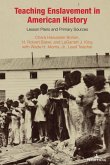
Broschiertes Buch
Lesson Plans and Primary Sources
5. Juli 2022
Peter Lang
319844
| Gebundenes Buch | 111,95 € | |
| eBook, ePUB | 39,95 € | |
| eBook, PDF | 39,95 € |
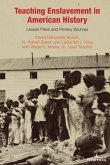
Gebundenes Buch
Lesson Plans and Primary Sources
9. Mai 2022
Peter Lang
315773
42,95 €**
39,95 €
**Preis der gedruckten Ausgabe (Broschiertes Buch)
Sofort per Download lieferbar
VersandkostenfreieBook, ePUB
25. April 2022
Peter Lang Inc., International Academic Publishers
42,95 €**
39,95 €
**Preis der gedruckten Ausgabe (Broschiertes Buch)
Sofort per Download lieferbar
VersandkostenfreieBook, PDF
25. April 2022
Peter Lang Inc., International Academic Publishers
Ähnliche Artikel


Broschiertes Buch
19. August 2020
Peter Lang
317417

Gebundenes Buch
19. August 2020
Peter Lang
317431
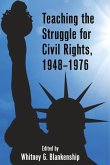
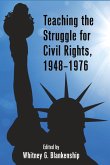
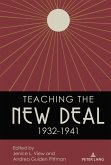
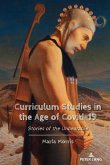
Broschiertes Buch
Stories of the Unbearable
15. Juli 2022
Peter Lang
319698
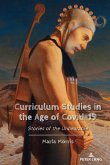
Gebundenes Buch
Stories of the Unbearable
15. Juli 2022
Peter Lang
319746

Broschiertes Buch
Reimagining Love in the Classroom
18. Januar 2024
Peter Lang
X67357
Ähnlichkeitssuche: Fact®Finder von OMIKRON
